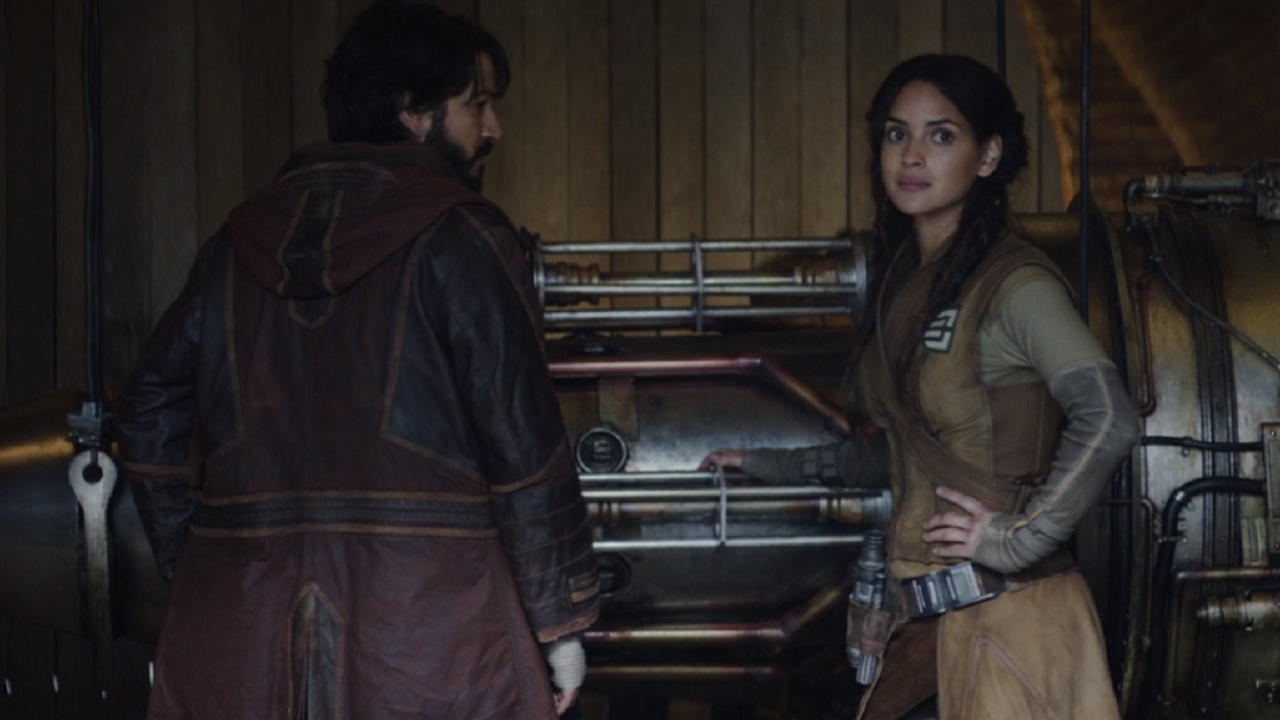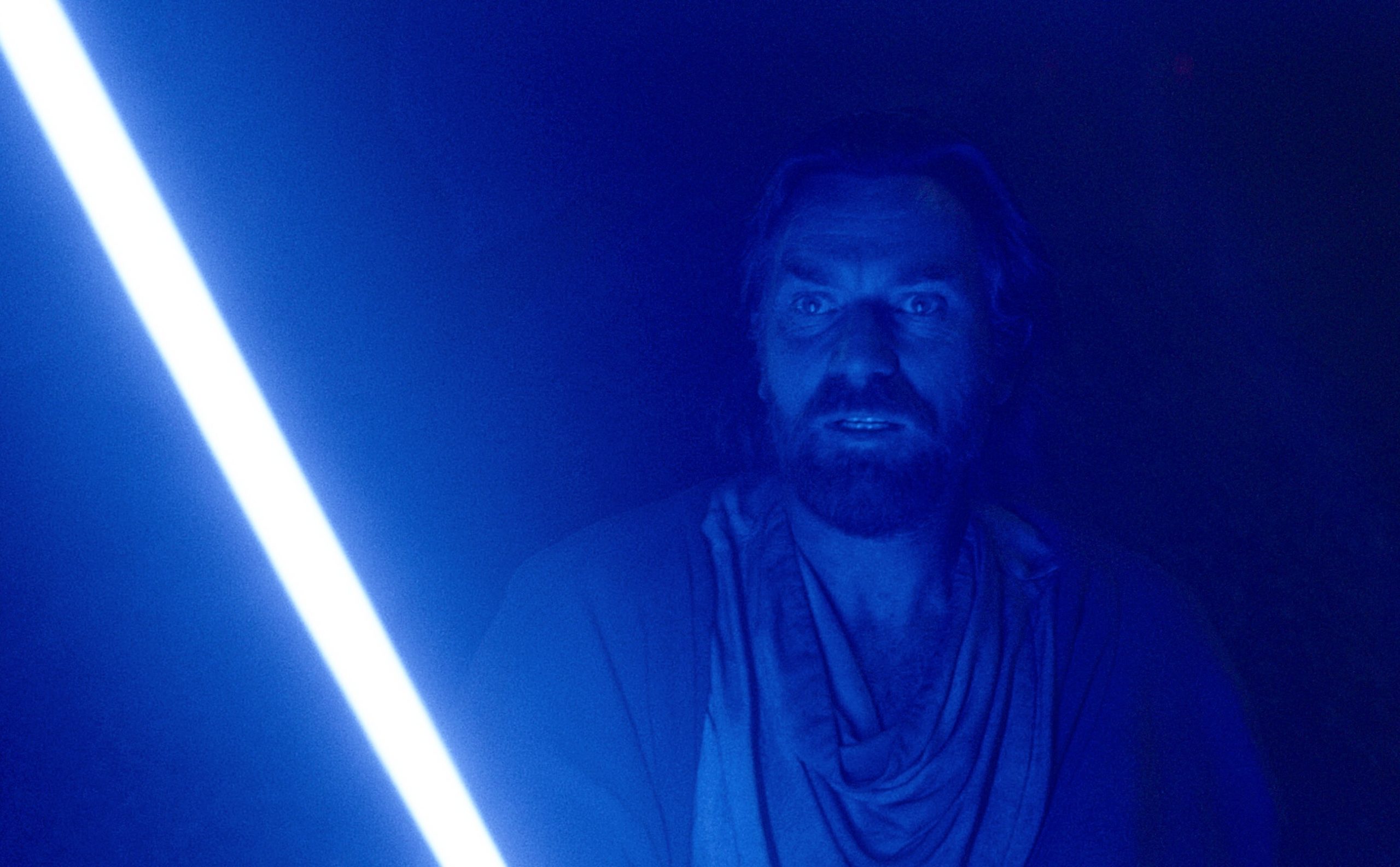 Contemplative and visually unique, the documentary, Normal questions everyday female and male interactions and behaviors through several diverse and immersive scenes filmed throughout Italy. Writer-director, Adele Tulli has captured some of life’s most challenging, iconic and traditional moments by questioning their existence and significance. We sat down with Tulli during Berlinale to talk about what is Normal in her opinion, the challenges in filming multi scenes for her docu-film, and the conversations she hopes to inspire by the spectators.
Contemplative and visually unique, the documentary, Normal questions everyday female and male interactions and behaviors through several diverse and immersive scenes filmed throughout Italy. Writer-director, Adele Tulli has captured some of life’s most challenging, iconic and traditional moments by questioning their existence and significance. We sat down with Tulli during Berlinale to talk about what is Normal in her opinion, the challenges in filming multi scenes for her docu-film, and the conversations she hopes to inspire by the spectators.
LRM: The name of the film is ‘Normal.’ What your idea of normal is.
Adele Tulli: Well, the word itself for me entails the idea of norms, what society somehow considers appropriate behavior. Sorry, her shoe. In a way, normal is the condition to be accepted, in a way, by the expectations of society, in a way. I don’t know exactly if I got your question or if it’s in relation to my film or why I called my film ‘Normal’. It’s just what I think of the word normal.
LRM: Well, both, and why you decided to also call the film ‘Normal’. It encompasses both.
Adele Tulli: The film is called ‘Normal’ because it’s an attempt to articulate a reflection on normative behaviors in terms of gender and sexuality of gender, and articulates a reflection about how we assimilate gender norms and how they shape our lives from the moment we’re born, our lives, our gestures, our bodies, our desires, our choices, our behaviors.
How social culture norms shape and permeate our lives and makes us who we are, or influence who we are. The intention of the film is to try to articulate a reflection about that. Not to give an answer, not to be pedagogic or deductive or academic about that. More to allow this space to think about this, to ask ourselves questions about this.
LRM: Can you explain why you chose to create certain scenes that went really overboard with their traditionally cheesy normality, like the couple on the beach.
Adele Tulli: Well, for me, the idea is … I understand that it is as you began your question, you’re not commenting, you’re not explaining, but really for me somehow this was really, from the beginning, the intention because I didn’t want to make an academic film in which I was going to explain something. The idea is to work at the level of connections and emotions and not at the level of pedagogy, let’s say.
The thing I’m trying to do with the film is to look at everyday scenes that may surround our everyday lives. Some are a little more extreme in their meanings, some are less. They might be just guys at the fun fair or … there’s a kaleidoscopic mosaic of different scenes that may surround our lives but they’re very ordinary in there… the idea is to look at them in a way that is a bit unfamiliar, that is bit uncommon, that is a bit displacing. And so by looking at them through this lens, I’m trying to question and interrogate them. I’m trying to understand. I’m trying to look at everyday lives, look the ordinary through lens that allow us to actually interrogate in this ordinary that surrounds us and is considered normal and we don’t even look at it because it’s just the norm.
All of a sudden, when it’s framed, when it’s put together in this mosaic of connections, maybe becomes the object of observation in a way that you can question it and also be a bit disturbed by it eventually. The idea is to try to allow the space for viewers to be confused and displaced by everyday reality and eventually interrogate it critically…To end the film with the gay wedding-
LRM: Can you elaborate on that scene and why you chose to end with it.
Adele Tulli: I knew there was going to be a question about that, but it’s precisely that. In a way, you said it could have been the same couple doing the pictures. In fact, they do pictures later in the sense that the idea of that is not a statement of any sort. It’s actually adding a layer out of the normalcy framework, another layer complicates the discourse a bit more on what are normalcy relation processes. What is it that we negotiate every day of our self to respond to society’s expectations and pressure? Somehow nobody wants to be completely out of the normal.
I know an alternative exists and everybody negotiates its own alternative, but as much as alternatives exist, you still know what is supposed to be the appropriate behavior and if you do the alternative, you are aware that there’s an alternative and you are negotiating that. This negotiation, sometimes pains, sometimes struggles, sometimes contradictions. It contains emotions. It’s still something that you have to negotiate.
With the ending … With the gay scene, for me, the meaning is that. It asks a further question in the film, for me. Are we still in the grip of norms even as we struggle against them or we can replicate norms in unexpected ways and by replicating them in unexpected ways we might subvert them or change them. It’s a further question into the idea of how we all negotiate every day our lives in terms of … in response to what society expects from us.
LRM: Or your family expects about you.
Adele Tulli: Family. Society. When I say society, I say the whole thing.
… from family to job situation, the church, whatever. It’s all around us. We don’t live in a vacuum so it’s always in response to …
LRM: Right. So I would like to know which one was your most favorite to film, and the one that you had the most conflicting emotions with. Which scenes?
Adele Tulli: Interesting. Yeah. Okay. I think they might match, the favorite and the most conflicting emotion. For sure, my favorite is the little girl that has the ears pierced…. in the beginning, because I think just the eyes, basically, in the scene you just see is a very simple scene is a close up of this five, six years old girl having her ear pierced for the first time with her mom. You don’t see the mother and the person that is piercing her ears. You just see her. I stay on her throughout the whole process and she has very little … very subtle, not little … subtle emotions. Strong emotions but subtly expressed and-
LRM: She didn’t cry at all though, she was a very brave little girl.
Adele Tulli: She did not cry but at the same time I was so touched by this straight, intense gaze that she was … almost without blinking. In that eyes, in that gaze, for me, there were all the emotions that want to explore in the film and the emotions that are somehow the emotions that you go through when you somehow negotiate your life in regards to norms in society’s expectations. There is pain but there is also gain in this satisfaction because somehow you get the recognition. There is that part of pleasure in being accepted as something. Your mom praising you so there is that fierce … the desire but at the same time terror and fear and obviously physical pain because obviously, you’re five years old. It’s not a massive but definitely you’re frightened and there’s so much of that that felt so much like all the different emotions that one goes through even without realizing anymore as an adult but the constant negotiation of we are who we want to be. For me, that was really one of my favorite scenes because it contains so many emotions in one simple gesture.
Conflicting in what sense you mean?
LRM: Well, in terms of what’s considered normal in society, perhaps as a woman, something that stands out to you.
Adele Tulli: Well there was one scene that was intense. Was the one with the guys coaching to. Well, there’s a group of guys and one of them is coaching them as a personal trainer to, as they say, pick up women, to seduce and pick up women. That scene was also intense because the emotions that, for me, came out of that scene were simultaneously … on the one hand you have this very explicitly sexist, if you want, discourse about how you have to be the alpha male, you have to lead the conversation, don’t be let down by a bitter response by a woman because you always have to be in charge. There is a very strong discourse of sexist discourse.
On the other, for me, what I was really interested was not so much the sexist stereotypes that were coming out of the scene, was what it meant in terms of gender dynamics and what it meant … the vulnerability of the men that were actually attending the course that … in order to cope with the pressure of being dominant, of being cool, of being in charge, of being strong, with the society’s pressure that wants them somehow to respond to a certain idea, they had to go through this process and go to this course.
For me, it was very moving, also. It didn’t make me angry. It made me move, actually, because I felt empathy for the pressure of … that also men have … gender stereotypes are for both. The society’s pressure to be in charge, to be strong, to be successful and successful with women. It’s also enormous psychological stress and they eventually … the couldn’t just allow themselves to be sensitive or shy or not alpha. I think that was interesting in that respect. It was conflicting because what was being said was very offending at times as a woman, but actually apart from what was being said, what was being suggested was something very emotional for me.
LRM: How do you think your audience will interpret this film?
Adele Tulli: It’s interesting, but some people ask me, because it’s all shot in Italia, in Italy, if it’s communicating mostly to an Italian audience. I hope it doesn’t communicate just to an Italian audience because the intention of the film is meant to be very open in the way it’s done, because it doesn’t have this pedagogic or academic, I dunno. There is no commentary. There’s no voice guiding you in a way. It’s open enough to allow personal connections beyond national boundaries. I think there are certain … obviously, each country and each place in the work has different social dynamics so there are differences, but I think in terms of the analysis of how we negotiate and assimilate norms and how they impact our lives and what the everyday dynamic of performing a role. I think that’s a reflection can translate beyond Italy.
I think there are levels of personal associations and connections throughout the scenes that can open to anyone eventually and I don’t have a particular target apart from … in terms of generational. It’s a very new approach for me because I’ve been working documentaries before but they were more conventional in a way with storytelling, more linear, like telling a story of a character, or maybe exploring things related to gender and sexuality.
This form is quite unusual because it doesn’t have a linear journey. It’s mosaic that doesn’t have a main protagonist and it’s more like an experience. I think it’s an attempt to articulate ideas and thoughts in the sense that I try with the connection of all the scenes to reflect on certain ideas and elements of everything formatively of gender and a free connection between images and ideas. I hope that this something that everybody can interact with.
LRM: Was it technically challenging to make a film with so many diverse scenes?
Adele Tulli: Challenging because every scene it takes a small production just for each of the because obviously there is research, there is scouting, there is finding the place, explaining the project, negotiating the terms, if the scene is works. Obviously, being a documentary it’s still shot in the real so you never know if it goes well. It might rain that day so you organized everything. You’ve moved to another region. You’ve found a place and then it doesn’t work out for one reason or another. People don’t show up. You expect 30 people to come to the gym class and then only three people come. You never know.
Because this is for each scene, because each scene is open to all these unexpected possibilities, production wise is really complicated. It’s shot all over Italy, so every time you move to different regions and it … but I think there is a divinity of documentaries that often helps. Sometimes, as much as you get situations that the scene doesn’t go well, you also get some situations in which you get very lucky and a little bit by chance. That’s the nice thing of shooting in the real.
I think there is this element of chance that can be sometimes on your side sometimes not. At times, we were lucky in the sense, for example, for the scene of the gay wedding. I found this couple that was willing to participate, but I didn’t know that they were going to be married in that amazing theater, in that super beautiful space because he could have-
LRM: Where is it?
Adele Tulli: It’s in Ferrara. It’s a beautiful … It’s the Communale theater of Ferrara. But it’s not usually open to these types of ceremonies and it’s just out of luck that it was because the actual office for the civil union was being refurbished so it was closed so they shift them to this beautiful space that was just being renovated. For me, it’s not just the space. It’s just so meaningful because it could have been in any random room that wouldn’t be so theatrical and cinematic. But also that they are on stage and they’re performing the ritual of the wedding on the stage in an empty theater for me. Symbolically, it’s so meaningful that this was just luck I couldn’t have even thought about it and then all of a sudden I have the perfect scene with the meaning I want that reflects performativity. Sometimes you get lucky.
LRM: What does it look like in Italy nowadays for gay marriage in Italy?
Adele Tulli: We are living in a horrible time. With Berlusconi, we thought we reached the bottom. You never have to hope that you reached the bottom because when you think you reached the bottom you start digging. It’s even worse than could possibly be. in terms of gay marriages, it’s been very recently that they made the civil partnership law in 2016, so very recently. ’16, ’17, something like that.
It’s been very late, I think, compared to many other countries and there’s been this discussion that’s been going on for too long, actually, in the national public with many conservative groups opposing. Actually, this law that finally they managed to do, it’s actually not even a full marriage act in the sense that it doesn’t conceive gay partnership as families. Only they allow the civil partnership in the sense of sharing of properties and responsibilities, but there’s no whatsoever right of forming a family, so no children allowed, not even kids from adoption, no whatsoever. It’s still out of how you say, not fully recognized … citizen B type of law. It’s been a long way. It’s certainly not one of the countries that shine for its progressive attitudes but it’s a bit better considering that at least now there is a civil partnership act.
Don’t forget to share this post on your Facebook and Twitter using the buttons at the top! Or you can react to the post down below!

 FOR FANBOYS, BY FANBOYS
Have you checked out LRM Online’s official podcasts and videos on The Genreverse Podcast Network? Available on YouTube and all your favorite podcast apps, This multimedia empire includes The Daily CoG, Breaking Geek Radio: The Podcast, GeekScholars Movie News, Anime-Versal Review Podcast, and our Star Wars dedicated podcast The Cantina. Check it out by listening on all your favorite podcast apps, or watching on YouTube!
Subscribe on: Apple Podcasts | Spotify | SoundCloud | Stitcher | Google Play
FOR FANBOYS, BY FANBOYS
Have you checked out LRM Online’s official podcasts and videos on The Genreverse Podcast Network? Available on YouTube and all your favorite podcast apps, This multimedia empire includes The Daily CoG, Breaking Geek Radio: The Podcast, GeekScholars Movie News, Anime-Versal Review Podcast, and our Star Wars dedicated podcast The Cantina. Check it out by listening on all your favorite podcast apps, or watching on YouTube!
Subscribe on: Apple Podcasts | Spotify | SoundCloud | Stitcher | Google Play



